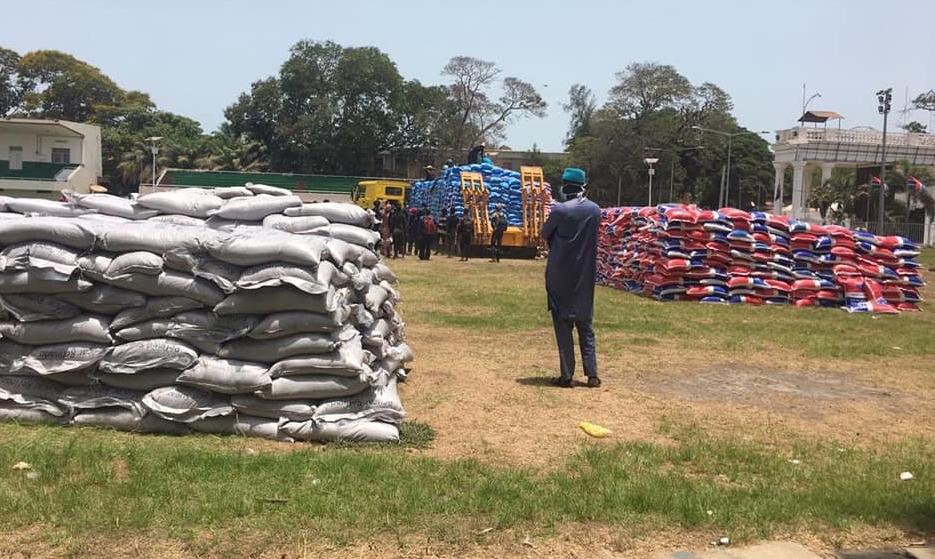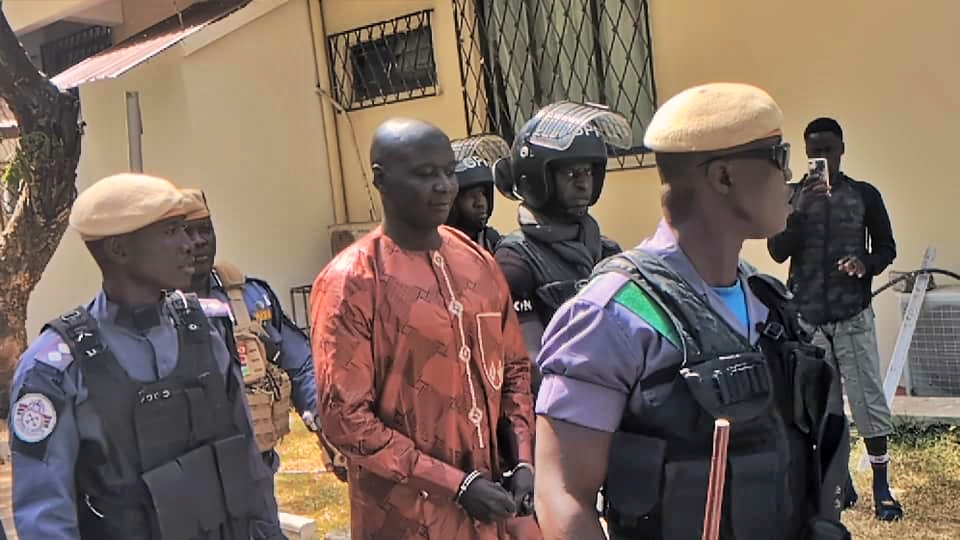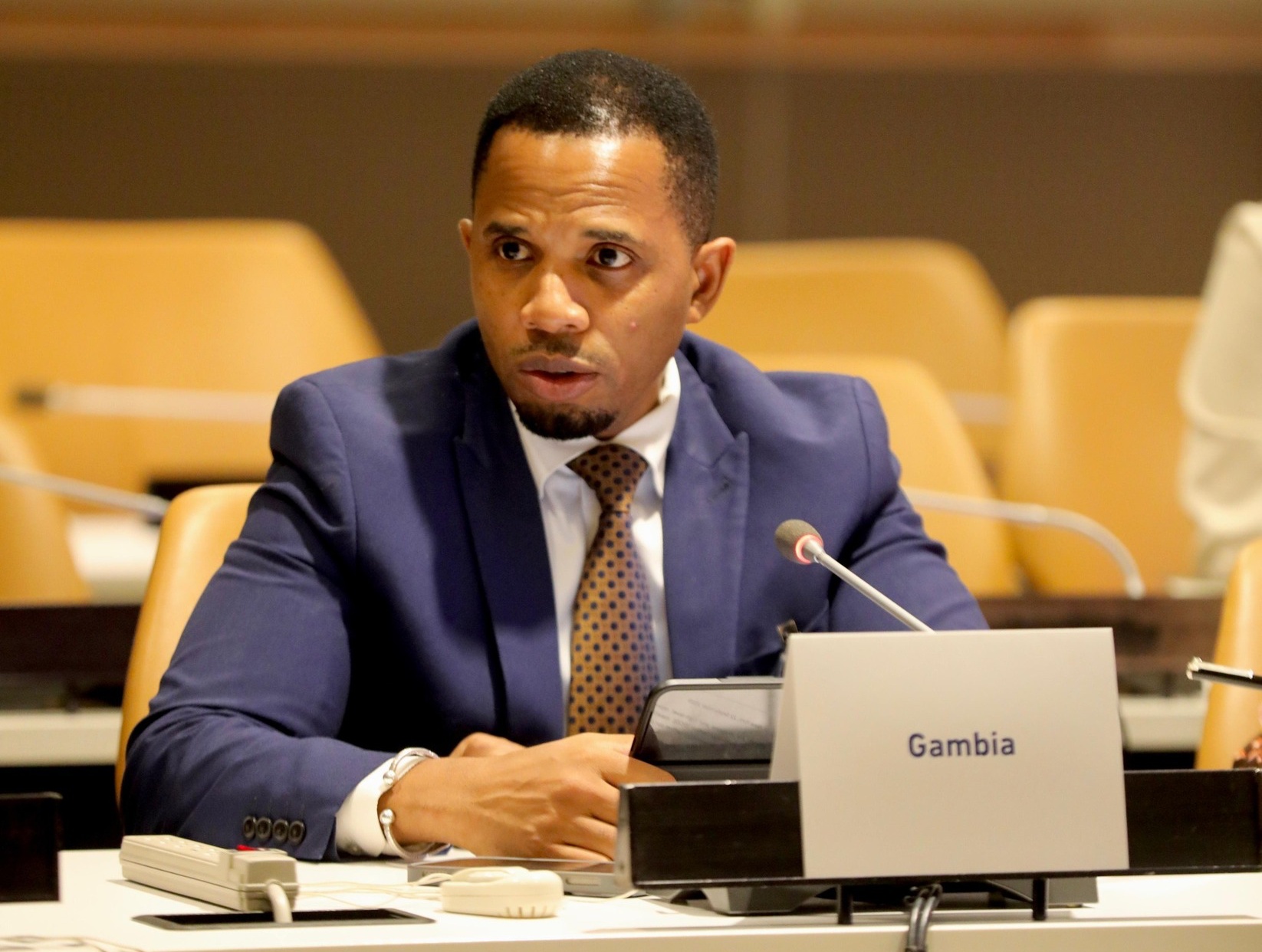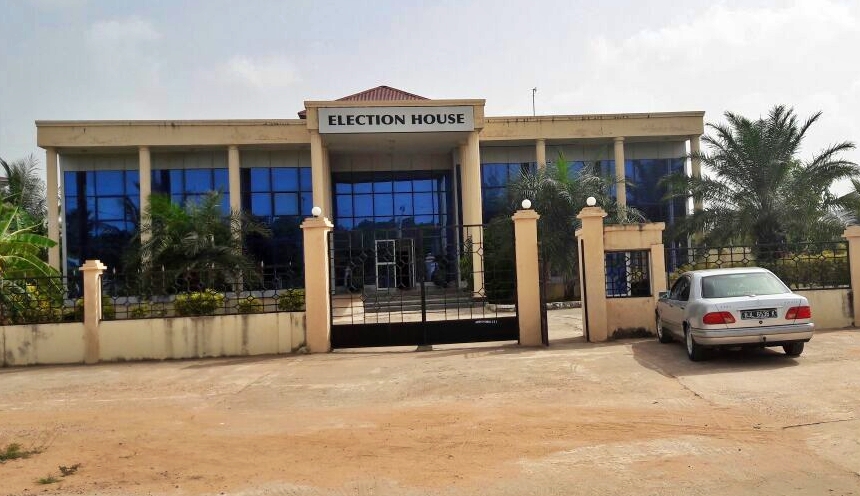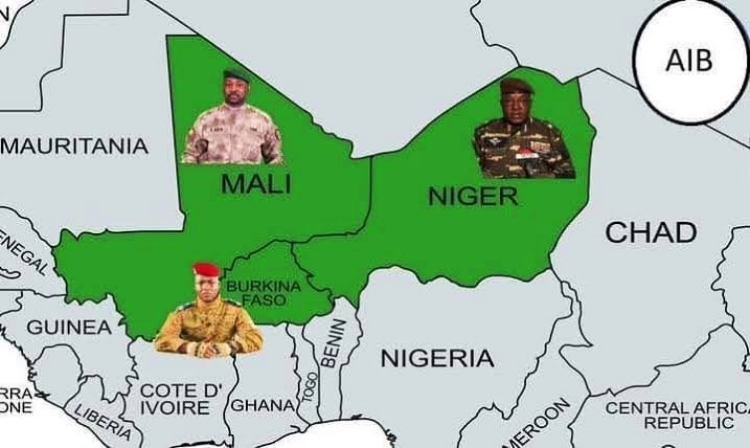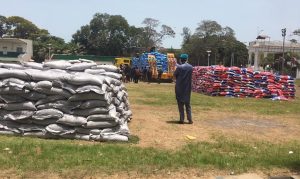Gambiaj.com – (BANJUL, The Gambia) – The principle that in unity lies strength is best exemplified by the strategic alliance between Burkina Faso, Niger, and Mali—three Sahelian, landlocked nations bound by a historically determined necessity. This union stands in defiance of the treacherous plans of invasion conceived by the neocolonial agents within the African Union (AU) and the Economic Community of West African States (ECOWAS), who have continually sought to undermine their sovereign self-determination.
Had these comrades made the fatal mistake of fighting in isolation, the AU, ECOWAS, and their financiers would have welcomed and celebrated the resulting bloodbath—one more proxy war added to the collection that has long littered and devastated the African continent.
Their geographical proximity facilitates strategic coordination to resist both the reactionary “jihadists” and the “colonialists in Black faces.” By contrast, during the time of the great union of Ghana, Guinea, and Mali in 1958, the physical distance between member states and the hostility of the so-called “Obedient Boys of the British Empire” (OBE) and their French counterparts—particularly Ivory Coast under the grip of President Houphouët-Boigny—posed significant challenges to pan-African unity. Lest we forget, Ivory Coast played a pivotal role in the assassination of Comrade Thomas Sankara and ultimately offered sanctuary to Blaise Compaoré.
At the height of Africa’s armed liberation struggles—against Portuguese colonialism, “Rhodesia,” and apartheid South Africa—the Frontline States, from Angola to Zimbabwe and extending to Guinea-Bissau and Cape Verde, formed a revolutionary bloc. Their unity enabled coordinated resource mobilization and logistical support to anti-colonial forces. This precedent proves that only a principled unity can dismantle the neocolonial structure—the final stage of imperialism.
Even the mere mention of African unity sends a jolt of fear through the hearts of Europe, America, and the parasitic powers that continue to drain Africa’s lifeblood. Among the most detestable of these are the “sharers of crumbs”: corrupt presidents, unscrupulous politicians, and technocrats who prioritize preserving Africa’s dependency on foreign powers over genuine self-determination.
A Coup d’État Is Not a Revolution
The distinction between a coup and a revolution is fundamental. What truly matters is how we define revolution. A revolution is our unwavering determination and collective commitment to harness Africa’s immense human and natural resources to feed, clothe, and shelter our people. It is not merely the overthrow of a regime—it is a mass-driven, transformative movement.
Dislodging a backward, reactionary regime does not by itself produce revolutionary change. Only when such action is rooted in mass participation and broad-based popular support does it become a reliable force for the people. Leaders like Ibrahim Traoré, Abdourahamane Tchiani, and Assimi Goïta must internalize this truth: without the active will of the people, even the boldest uprisings risk stagnation. The masses must form the core of any genuine resistance to transform the oppressive conditions in what we now call Burkinima.
To turn their coalition into a true revolution, the foundation must be grounded in the people’s desire to dismantle oppressive systems and erect structures of justice and equity. Revolutionary forces must be prepared—politically, ideologically, and militarily—to repel any aggressor, foreign or domestic. The AU and ECOWAS’s condemnation of these coups only seeks to preserve the status quo—to maintain “class peace” among elites while ignoring the suffering inflicted by so-called democratically elected governments.
Unlike the Ghana–Guinea–Mali union, which fell short of its goals, the Burkinima alliance holds greater promise. Its success will hinge on demolishing colonial borders and uniting the aspirations of the working class, the peasantry, and committed intellectuals across the three countries. These artificial borders—colonial in origin—continue to stoke irrational fears among Africans and hinder the emergence of a united front against neocolonial domination.
The Surkinima revolution must remind us: we in The Gambia are part of the African revolutionary front.
Homage to the Ghana–Guinea–Mali Union
Before Burkinima, the Ghana–Guinea–Mali union served as the nucleus of the grand African union envisioned by Kwame Nkrumah, Sékou Touré, and Modibo Keïta. It is upon this historical foundation that Burkinima must build, guided by the unshakable belief that only principled unity can liberate Africa.
The Organization of African Unity (OAU), which should have been the platform for this grand vision, ultimately betrayed it. Instead of dismantling colonial borders, it preserved them—offering up the continent as a playground for the African petit bourgeoisie. Within these borders, presidents and prime ministers unleashed waves of political and economic repression, reinforcing neocolonialism.
Protecting this illusion of sovereignty—defined by the same borders imposed by colonial powers—the OAU, and now the AU, have done little more than pay lip service to unity. From 1963 to 2002, the OAU held meaningless summits that entrenched division rather than dismantled it. And its successor, the AU, has become a louder, emptier vessel.
Though modeled in name after the European Union (EU), the AU has failed to emulate the EU’s achievements. Whereas EU citizens enjoy economic integration and freedom of movement, AU nations remain rigidly compartmentalized behind colonial-era borders. Despite grand declarations, the AU continues to entrench the status quo.
To achieve real African unity, we need leadership that can inspire Africans both on the continent and across the diaspora. One urgently necessary step is to revive the long-stalled union of Senegambia—but this time with more vision and scope. The new union should include Guinea-Bissau, Cape Verde, and Mauritania, forming a formidable bloc of neighboring nations bound by common interests.
Such regional alliances will ignite an unstoppable flame across the continent, drowning out the voices of defeatism from colonized minds who defend neocolonial sovereignty over genuine integration. We must summon the political courage and maturity to pursue unity in our collective interest.
Build the Revolutionary Forces to Defend the African Revolution!




